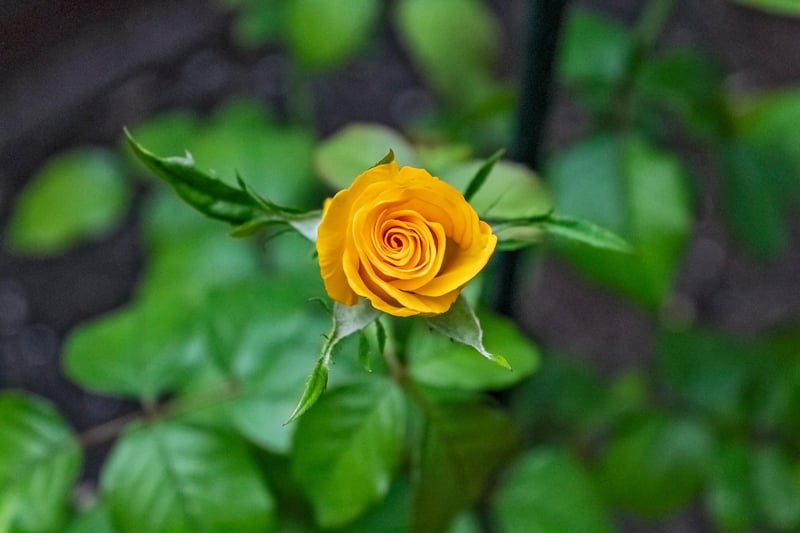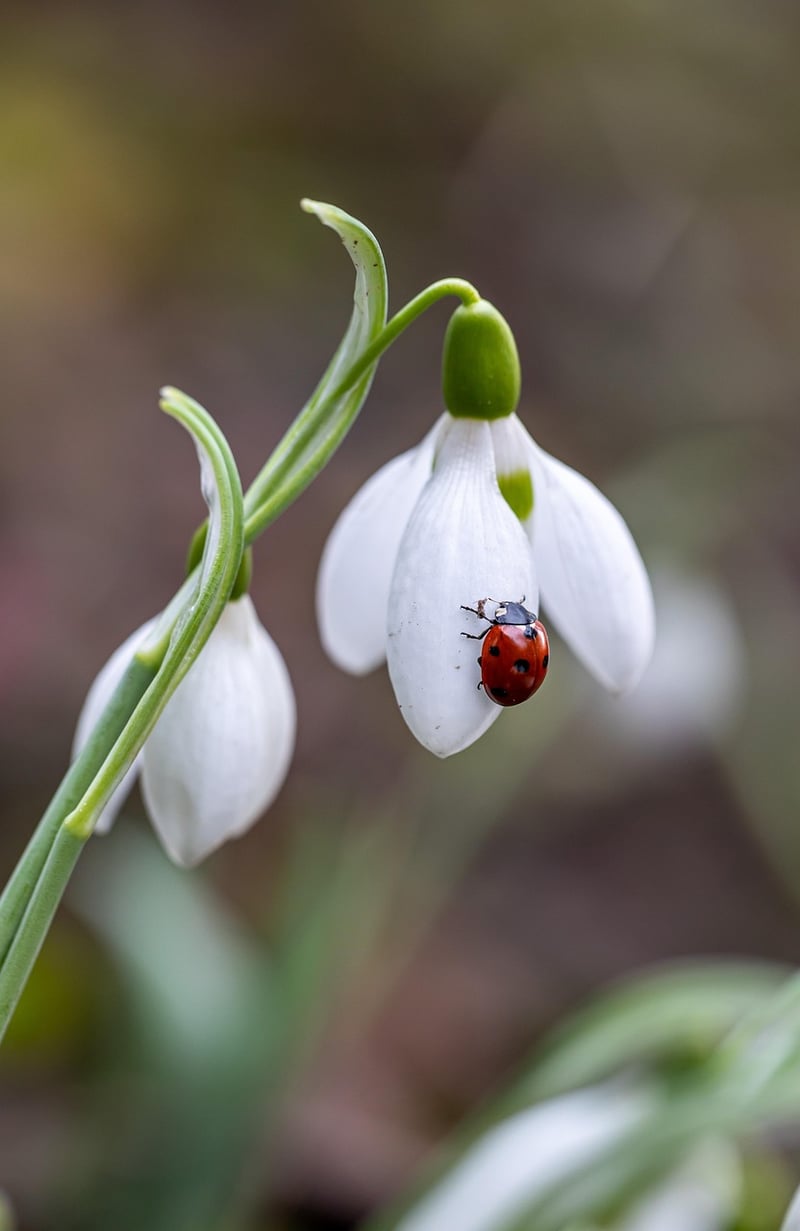Pest Control
Maintaining Healthy Plants and Effective Pest Control
Introduction
Having a vibrant and thriving garden or indoor plant collection is a rewarding experience. To ensure your plants stay healthy and pest-free, it's essential to follow proper care and pest management techniques.
1. Proper Plant Care
Healthy plants are more resilient to pests and diseases. Here are some tips to keep your plants in top condition:
- Provide adequate sunlight based on the plant's requirements.
- Water plants appropriately, avoiding both underwatering and overwatering.
- Use well-draining soil to prevent root rot.
- Regularly prune and remove dead or diseased foliage.
2. Identifying Common Pests
Recognizing common pests early is crucial for effective pest control. Some common pests include:
- Aphids
- Spider mites
- Mealybugs
- Whiteflies
- Fungus gnats
3. Natural Pest Control Methods
Implementing natural pest control methods is beneficial for both your plants and the environment. Here are some eco-friendly pest control techniques:
- Introduce beneficial insects like ladybugs or lacewings that prey on common garden pests.
- Use neem oil spray, a natural insecticide, to combat various pests.
- Create DIY insecticidal soap using mild soap and water to control soft-bodied insects.
- Encourage biodiversity in your garden to promote natural pest control mechanisms.
4. Chemical Pest Control
If natural methods are insufficient, you may resort to chemical pest control. However, it's essential to use pesticides responsibly and as a last resort to prevent harm to beneficial insects and the environment.
Conclusion
By following proper plant care practices, identifying pests early, and implementing effective pest control strategies, you can maintain healthy plants without compromising the ecosystem. Remember, a little proactive care goes a long way in keeping your plants lush and pest-free.


